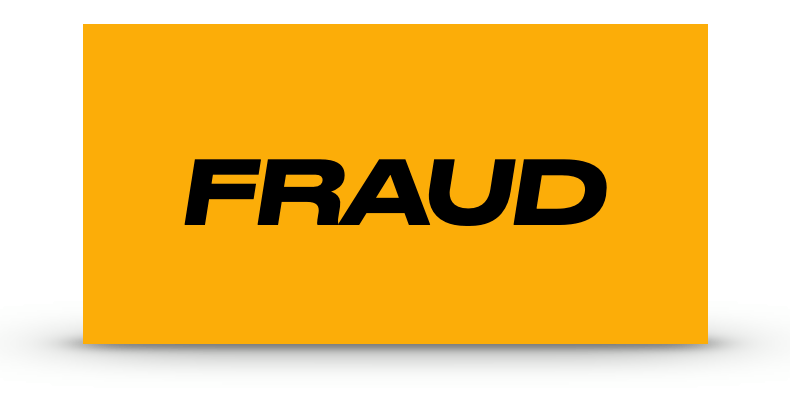In May of 2009, I reported on an unthinkable side effect of a schizophrenia drug named Risperdal made by Janssen Pharmaceuticals, owned by Johnson and Johnson. The drug was being widely prescribed off-label for unapproved uses to kids with ADD. In short: it can make boys grow breasts and cause them to have sexual identity confusion.
At the time, Janssen denied that it marketed the drug in an improper way. Four years later, the Justice Department announced that the company pleaded guilty and agreed to pay a $400 million criminal fine as well as a $1.25 billion civil settlement in the case surrounding allegations of misbranding and filing false claims.
According to the FDA:
“JPI also marketed Risperdal for use in children with behavior challenges, despite known health risks to children and adolescents. Until late in 2006, Risperdal was not approved for use in children for any purpose, and the FDA repeatedly advised the company that promoting its use in children was problematic and could be evidence of a violation of the law.”
The FDA’s 2013 announcement follows:
FDA: Janssen Pharmaceuticals, Inc. to plead guilty and pay over $1.6 billion to resolve allegations of misbranding and filing false claims for its schizophrenia drug Risperdal
On behalf of the U.S. Food and Drug Administration, the U.S. Department of Justice today announced a guilty plea agreement with Janssen Pharmaceuticals, Inc., (JPI) of Titusville, N.J., and a $400 million criminal fine for introducing a misbranded drug, Risperdal (risperidone), into interstate commerce. A Johnson & Johnson Company, JPI must also pay $1.25 billion under a separate civil settlement concerning the same drug. The combined criminal plea and civil settlement agreement related to Risperdal totals more than $1.67 billion.
Additional charges related to JPI’s healthcare fraud and other Federal agencies can be found at https://www.justice.gov/opa/pr/2013/November/13-ag-1170.html. The U.S. District Court for the Eastern District of Pennsylvania oversaw the agreement.
“When pharmaceutical companies ignore the FDA’s requirements, they not only risk endangering the public’s health but also damaging the trust that patients have in their doctors and their medications,” said FDA Commissioner Margaret A. Hamburg, M.D. “The FDA relies on data from rigorous scientific research to define and approve the uses for which a drug has been shown to be safe and effective. Today’s announcement demonstrates that pharmaceutical manufacturers that ignore the FDA’s regulatory authority do so at their own peril.”
The FDA approved Risperdal in 2002 for the treatment of schizophrenia and in 2003 for the short-term treatment of acute mania and for mixed episodes associated with Bipolar 1 Disorder. But JPI began in March 2002 to market the drug for the treatment of agitation associated with dementia in the elderly, representing that Risperdal was safe and effective for this unapproved indication and subpopulation.
The FDA maintains that physicians may, within the practice of medicine, use a drug to treat patients for symptoms or diseases even when the drug is not FDA-approved for such uses. However, if a pharmaceutical manufacturer intends its drug to be used for a new use, not approved by the FDA, and introduces the drug into interstate commerce for that use, the drug is misbranded, and introduction of that misbranded drug into interstate commerce is a violation of the law.
The U.S. Department of Justice action also alleges that JPI and Johnson & Johnson were aware that Risperdal posed serious health risks for the elderly, including increased risk of stroke, but that the companies downplayed those risks by combining negative data with other studies in order to support a perception of decreased risk from using the drug.
JPI had received repeated warnings from the FDA regarding its misleading marketing messages targeted to physicians. After a whistle blower complaint was filed, the FDA Office of Criminal Investigations initiated a criminal investigation into JPI’s conduct.
“Our investigators devoted considerable time and resources to this case, to help ensure that pharmaceutical companies do not mislead healthcare providers and the general public about the safety and efficacy of their medicines,” said John Roth, director of the FDA’s Office of Criminal Investigations. “We stand ready to take similar action in the future, if warranted, to protect public health.”
JPI also marketed Risperdal for use in children with behavior challenges, despite known health risks to children and adolescents. Until late in 2006, Risperdal was not approved for use in children for any purpose, and the FDA repeatedly advised the company that promoting its use in children was problematic and could be evidence of a violation of the law.
JPI and Johnson & Johnson will also submit to stringent requirements under a corporate integrity agreement with the U.S. Department of Health and Human Services’ Office of the Inspector General. The agreement is designed to increase accountability and transparency and prevent future fraud and abuse.




There is no biological basis, nor any tests for a biological origin, for any of the so-called mental disorders that are treated biologically with health-damaging drugs. “Disorders” such as ADD, ADHD, Bipolar, Obsessive/Compulsive, etc. are made up by a handful of psychiatrists who vote them into existence. Then they list them in their Diagnostic Standards Manuel for Mental Disorders without a shred of proof of a biological cause for any of them.
The term “chemical imbalance” is a pure marketing term. No pharmaceutical company nor any licensed doctor has any idea what a chemical balance is, so how do they diagnose an imbalance?
Ask your physician, psychiatrist, school administrator, counselor or teacher where the FDA approved studies and tests are showing that ADHD is an actual, verifiable “disorder” with a physical, biological origin. None of them can provide this info but will still act as drug dealers for the pharmaceutical companies and force kids to take life-threatening amphetamines like Adderall, while at the same time push programs such as DARE that warn of the dangers of amphetamines.
The DEA list Ritalin as a schedule II drug, comparable to cocaine….but it’s ok to force millions of school children to take them.
Look at the drug inserts for these very dangerous drugs. Why would anyone take or recommend these addictive, dangerous drugs after reading the drug inserts, which include warnings of death?
The street drug pushers can’t compete with our physicians, psychiatrists and school teachers. It’s totally insane.